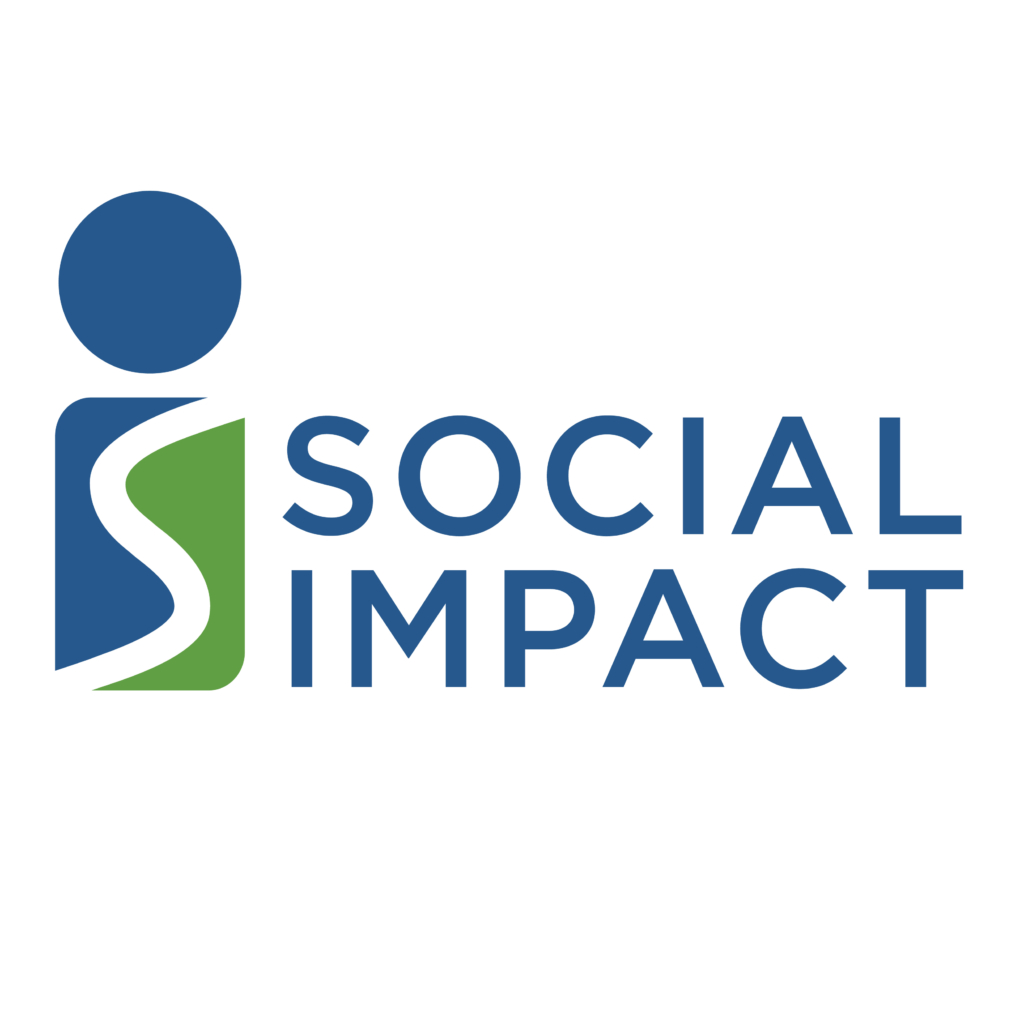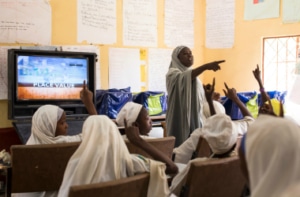In Ghana, Kenya (Nairobi and Wajir), and Nigeria, the Discovery Project (DP) worked to improve girls’ education through use of technology in the classroom, teacher training, community engagement and outreach. Through rigorous impact evaluations SI examined the impacts of DP on girls’ enrollment, attendance, and learning, and on teaching skills, student motivation, and parental attitudes towards girls’ education.
The Discovery Project, implemented by Discovery Learning Alliance (DLA), is co-funded by Discovery Communications and the UK Department for International Development (DFID) under the strategic partnership window of Girls Education Challenge (GEC) initiative.
Goal:
Expand access to primary school education and improve the quality of education for marginalized girls.
Activities:
The Discovery Project:
- Introduced technology in classrooms through use of television and DVD players and a library of educational DVDs.
- Conducted teacher trainings to improve student-centered and gender sensitive/responsive teaching practices and use of technology.
- Engaged with parents and community leaders to develop locally led Community Action Plans and establish girls’ clubs.
- Produced and aired national television talk shows to raise awareness of the importance of girls’ education.
Social Impact:
- Conducted rigorous impact evaluations using randomized control trial (RCT) design and mixed methods approach.
- Produced baseline, midline and endline evaluation reports for each of the countries. The reports discussed the extent of outputs (teacher skills, student motivation, parental attitudes) and outcomes (enrollment, attendance, and learning scores) realized in each country that could be attributed to the project, and how and why such effects occur.
- SI assessed the effectiveness of national talk shows in changing the attitudes and practices of viewers through contribution analysis that used narratives to capture emerging themes.
- SI conducted a rigorous performance evaluation of the Discovery Project in Wajir district, Kenya where the population is generally nomadic.
Results:
- The impact evaluations show that information technology-based teaching materials improves teaching quality and teacher motivation. However, challenges remain in terms of using the equipment, tailoring materials relevant to local contexts and maintenance of equipment. The positive effects of the project on girls’ enrollment and learning is yet to occur.
- Evaluation of the national television talk shows found that the messages from credible sources help develop positive attitudes and practices toward girls’ education. The viewers’ internalized the messages on the value of education. The shows demonstrated potential for sustainability of changes, and notable positive shifts especially among fathers and young women. The rationale for positive changes was tied to the TV shows. These findings were presented at the 3ie Evidence Conference in London, September 2016.
- The performance evaluation in Wajir also confirmed that information technology-based teaching materials improves teaching quality and teacher motivation. Positive improvements in girls’ enrollment, attendance and math scores were found in all project schools. Use of better teaching practices, girls’ enrollment and attendance appear to improve with longer period of implementation.
- Based on the findings and conclusions from the evaluations, SI provided actionable recommendations to DLA for their future interventions, and to the communities and the Ministry of Education to sustain the project effects.
Resources:
Contact: projects@socialimpact.com


